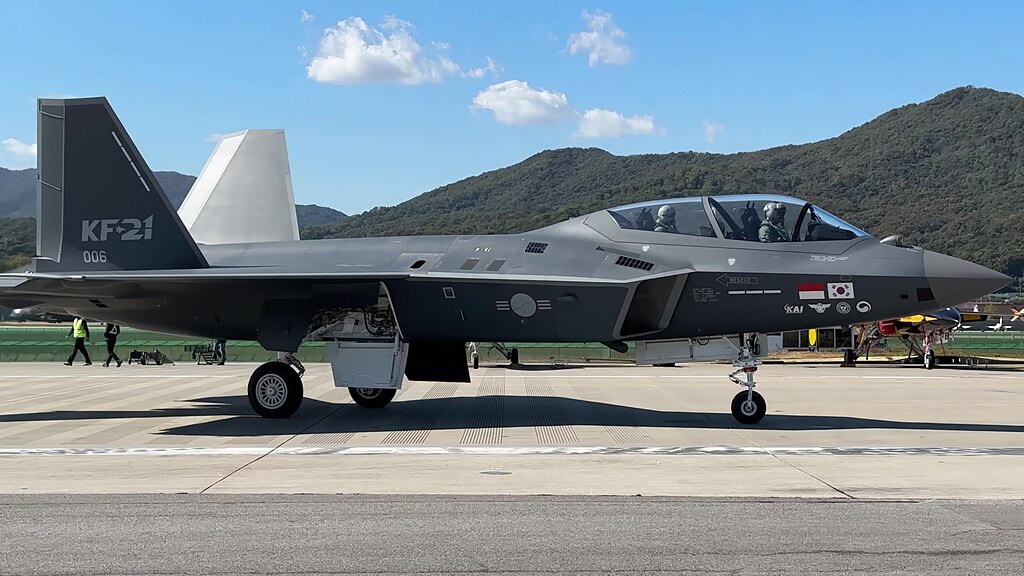South Korea has unveiled an ambitious display of artificial intelligence and unmanned defence technology at the Seoul International Aerospace & Defense Exhibition (ADEX) 2025, signalling its intent to become a global leader in next-generation military innovation. Hosting over 600 companies from 35 nations, the exhibition marks a turning point in the convergence of AI, robotics, and defence engineering – where software intelligence now rivals firepower as the core measure of capability.
The centrepiece of the showcase includes Hanwha Aerospace’s upgraded K9 howitzers capable of semi-autonomous targeting and the L-PGW drone system designed to identify and strike targets using AI-driven image recognition. These systems illustrate how South Korea is blending automation with battlefield precision to reduce risk to human operators while enhancing strategic flexibility. The country’s decision to increase its 2026 defence budget by more than eight per cent underscores a national commitment to embedding AI deeply within its military infrastructure.
Beyond the domestic ambition, the fair reflects broader global currents reshaping the defence technology landscape. Nations are increasingly racing to integrate autonomy into their arsenals, recognising that algorithmic speed, situational awareness, and networked coordination can define the next era of deterrence. Yet this rapid progress brings complex ethical and regulatory dilemmas: how far should machines be allowed to act independently, and what safeguards must exist to prevent unintended escalation? These questions now dominate policy discussions as much as technical ones.
For global technology leaders, the implications extend beyond the military sphere. The breakthroughs showcased at ADEX demonstrate how dual-use innovation – AI developed for civilian industries like robotics, sensors, and computing – can swiftly migrate into national defence. This crossover creates new opportunities for collaboration but also heightens the need for responsible governance of advanced systems.
In essence, ADEX 2025 captures a critical inflection point: where defence no longer revolves around hardware dominance alone, but around the intelligence driving it. As South Korea positions itself at the forefront of this transformation, it not only redefines its role in regional security but also challenges the world to reconsider what technological superiority means in the age of autonomous warfare.


